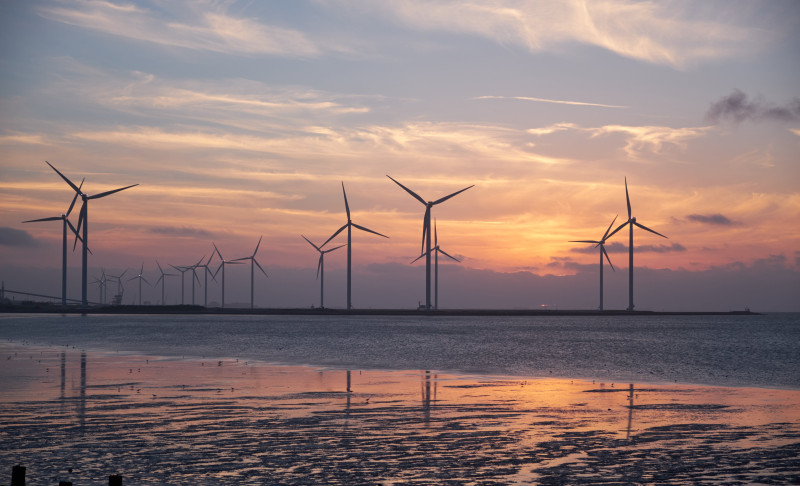
Description
Since the start of the global land rush in 2010, land governance in both the Global South and North has increasingly been characterized by multiple pressures and competing claims, balancing economic growth, environmental protection and social justice. Complex and interrelated crises, at local and global level, threaten development achievements and challenge the resilience of people and governance agents. Themes central to land governance have been shifting across the globe: Land and housing rights are increasingly insecure for marginalized groups, climate change affects vulnerable people’s ability to build livelihoods from their land, increasing numbers of people are displaced due to conflict, violence, political or economic instability, and despite many policy efforts, women experience inequality when it comes to their rights to land and resources. In recent times the Global North is reneging on its efforts to curb climate change, its efforts to (financially) support the Global South, and anti-immigration voices are getting stronger. Democracies and human rights are under pressure, across the globe. Meanwhile, activists have started to advocate for giving (land) rights to nature, being inspired by decoloniality and post-human approaches, and sometimes working successfully with powerful nature conservation lobbies. In a connected world, such global shifts have impact at local levels, creating conditions for competing claims on land. In this often grim and contested reality, how can we, as academics, practitioners, CSO’s and policy makers, as human beings, position ourselves in debates on fair transitions and competing claims on land. And how can we work towards more socially just, and inclusive and sustainable forms of land governance?
In this course we consider and debate the multiple and competing claims of various actors (e.g. governments, private sector, communities, non-human actors) on land, how these are framed, and how they can be understood. Claims to land are typically legitimized with references to the (envisioned) purposes of land, such as agriculture, habitation, conservation, and also to so-called non-economic and non-human demands. To make matters more complex, claims generally overlap in time, being situated in the past and present, while there is also an urgent need to consider future generations (and their claims). Debates as how to govern land amidst such competing claims is very much informed by the positionality of the actors. In this course we aim to provide a space to explore these complexities, teaching participants to recognize land right practices and legal approaches whilst at the same time offering methods to develop realistic and fair land governance.
The course is organized by the Netherlands Academy for Land Governance (LANDac), as part of the knowledge management activities of the LAND-at-scale programme, in collaboration with the IOS Fair Transitions platform (Institutions for Open Societies). LANDac is a network of organizations interested in how land governance may contribute to sustainable and inclusive development. The LAND-at-scale programme is a land governance support programme for developing countries supported by RVO (Netherlands Enterprise Agency) with the aim to contribute to fair and just tenure security and access to land and natural resources for all. The LANDac Annual Conference is part of the overall Summer School programme.
Day to Day Documents
Programme Summer School 2025_Provisional 0410.docx
Lecturers
Core faculty:
- Dr. Ir. Janwillem Liebrand
- Dr. Femke van Noorloos
- Dr. Wytske Chamberlain
A wide range of academics, both from the Global South and North, will present interactive lectures on their field of expertise.
Target audience
The course is designed for Master’s students, PhD students, academics; as well as for practitioners from development organizations, projects and governments who are interested, or work, in the fields of land governance, development studies, natural resource management, planning, human rights and conflict studies.
Aim of the course
The course provides participants with thorough knowledge of current problems as well as academic and policy debates related to the complex claims on land. Participants also build understanding of practical knowledge and possible solutions. The guiding question is how to manage the many competing claims and views on land and come to a well-considered land governance plan. Participants will prepare a land-use plan/strategy that takes into account the complexities and pluralities of seeing and using land.
Topics are discussed in interactive lectures, and applied in an assignment. The design of the course allows for participants to closely work together with professionals, experts and fellow students from a variety of backgrounds. Topics are discussed from a range of perspectives and disciplines, with contributions from Dutch and international academics.
The summer school will take place in-person. The LANDac Annual Conference 2025 is an integral part of the Summer School programme. We encourage Summer School students to present their current work in one of the sessions during this event (see the LANDac conference page for more information (call for sessions opens from 27 January))
Study load
Mon-Fri from 10.00 - 17.00.
Participants of the Summer School will be awarded with a ‘certificate of participation’, equivalent to 3 ECTS.
The programme includes the LANDac conference taking place from 2 until 4 July 2025.
Costs
-
Course fee:
€675.00
-
-
Included:
Course + course materials
The course fee includes the fee for the LANDac Annual Conference 2025. There are no scholarships available for this course.
Additional information
For the first week of this course, no student housing is available via the Utrecht Summer School. Please feel free to take a look at this page for hostel and hotel suggestions. You can of course also look for rooms at Booking.com or Airbnb.
If you wish, you can register for student accommodation during the second week of your course. You would be able to check in on 5 July 2025 (between 12.00 and 18.00) and you need to check-out on Friday 11 July 2025 before 10.00. Please direct an email via the contact page, so we can inform you how to proceed.
Tags

